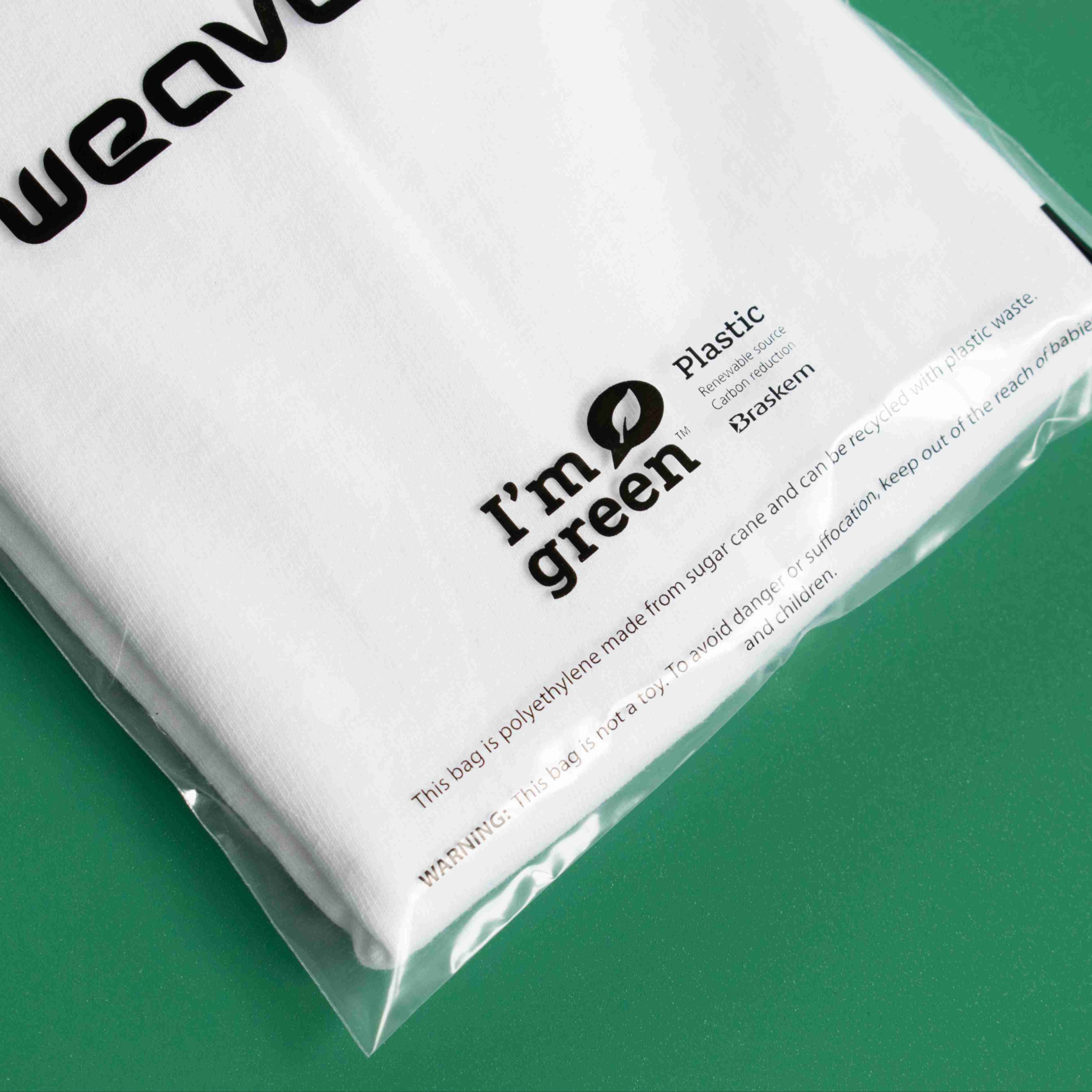Is Zara sustainable? An overview of the fast fashion giant
Is Zara sustainable? We look at the sustainability promises and practices of this fast fashion giant.

It's one of the biggest names on the high street, with more than 10.9 million customers to prove it. Of course, we're talking about Zara. It's a brand known and loved throughout Europe, but there have always been question marks around its sustainability status.
Is Zara sustainable? In this blog, we examine the brand's promises, products, packaging and results before concluding the all-important question.
- The strategy
- The product
- The packaging
- The results
- So, is Zara sustainable?
- Want to learn more about sustainable fashion?
The strategy
Zara's sustainability efforts focus on the whole supply chain, from the raw materials to a product's afterlife. The concept is known in the industry as circularity and involves minimising waste in the fashion supply chain.
The fast fashion brand aims to achieve circularity by investing in several initiatives that will make a difference in the industry. Zara partners with the Organic Cotton Accelerator to help make sustainable materials more widely accessible. It's also a member of the Zero Discharge of Hazardous Chemicals pledge, which restricts or ensures the safe disposal of chemicals in the manufacturing process.
In addition to supporting many start-ups, partners and accelerators in the sustainability industry, Zara has its own Sustainability Innovation Hub. This focus group identifies and promotes new materials, approaches and processes.
The Zara-owned initiatives have made great strides towards sustainability by developing materials such as Infinna™, which turns textile waste into fashion.
Zara has also set ambitious targets over the coming years. These include:
- 100% linen and polyester from preferent sources by 2025
- 25% reduction of water consumption in our supply chain by 2025
- Protect, restore and generate five million hectares by 2030
- Reduce emissions by 50% by 2030
- Achieve net zero emissions by reducing the carbon footprint by at least 90% in comparison with 2018
The product

Zara's primary approach to sustainable products is its Join Life initiative. The garments in this collection are taking steps toward sustainability through processes and raw materials that reduce environmental impact. Garments are manufactured using eco-friendly materials such as organic cotton, Tencel, recycled polyester and more.
The brand also launched its Pre-Owned range in 2022 to reduce the amount of waste garments heading to landfill. The collection offers repairs and person-to-person sales of pre-owned Zara items. Recycling bins are also positioned in many stores so that customers can deposit old clothing to be sent to reuse and recycling partners.
However, Zara also focuses on the initial product to enhance its sustainability credentials. It collaborated with Circ to create a collection using recycled blended textiles and developed the Air Fiber Washer, an air extraction system that reduces microfibre shedding by up to 60% in the first few washes.
The packaging

Packaging is a big problem in the fashion industry, with a lot of single-use plastic being used throughout the supply chain. To mitigate this, Zara eliminated the use of all single-use plastic in 2023. Hangers and tags are reused in stores to prevent them from heading to landfills.
The brand is known for using sustainable Kraft e-commerce boxes with paper inserts and cotton bags. It offers reusable cotton shopping bags and 100% of the income from in-store paper bag sales is allocated to environmental projects.
The results
While it's all well and good making the commitments, Zara will be held to account by its audience and the industry. So far, it has transitioned 100% of its stores' power to renewable energy and has joined the Clean Cargo working group and the Arctic Corporate Shipping Pledge to ensure greater sustainability in the supply chain.
In terms of the product, Zara Pre-Owned now operates in 16 markets and 8.9 million items have been donated for its collection. In 2023, Zara also reached 96% cotton from preferred sources, which means it's close to reaching the 100% mark in the near future.
So, is Zara sustainable?
It's the question everyone wants the answer to — is Zara sustainable? It's tricky to give a definitive answer due to so many aspects that need to be considered to build a full picture.
While the brand is making strides in the right direction and is setting and achieving ambitious targets, there's still one glaringly obvious issue — Zara is a fast-fashion brand that makes low-cost clothing that drives hyper-consumerism. As many of its consumers operate on the 'take and waste' model, it can be difficult to say that Zara is sustainable.
Want to learn more about sustainable fashion?
Our guide has all the answers. Download your copy now to find out what brands need to do to become more sustainable and the steps you can take to achieve this.










